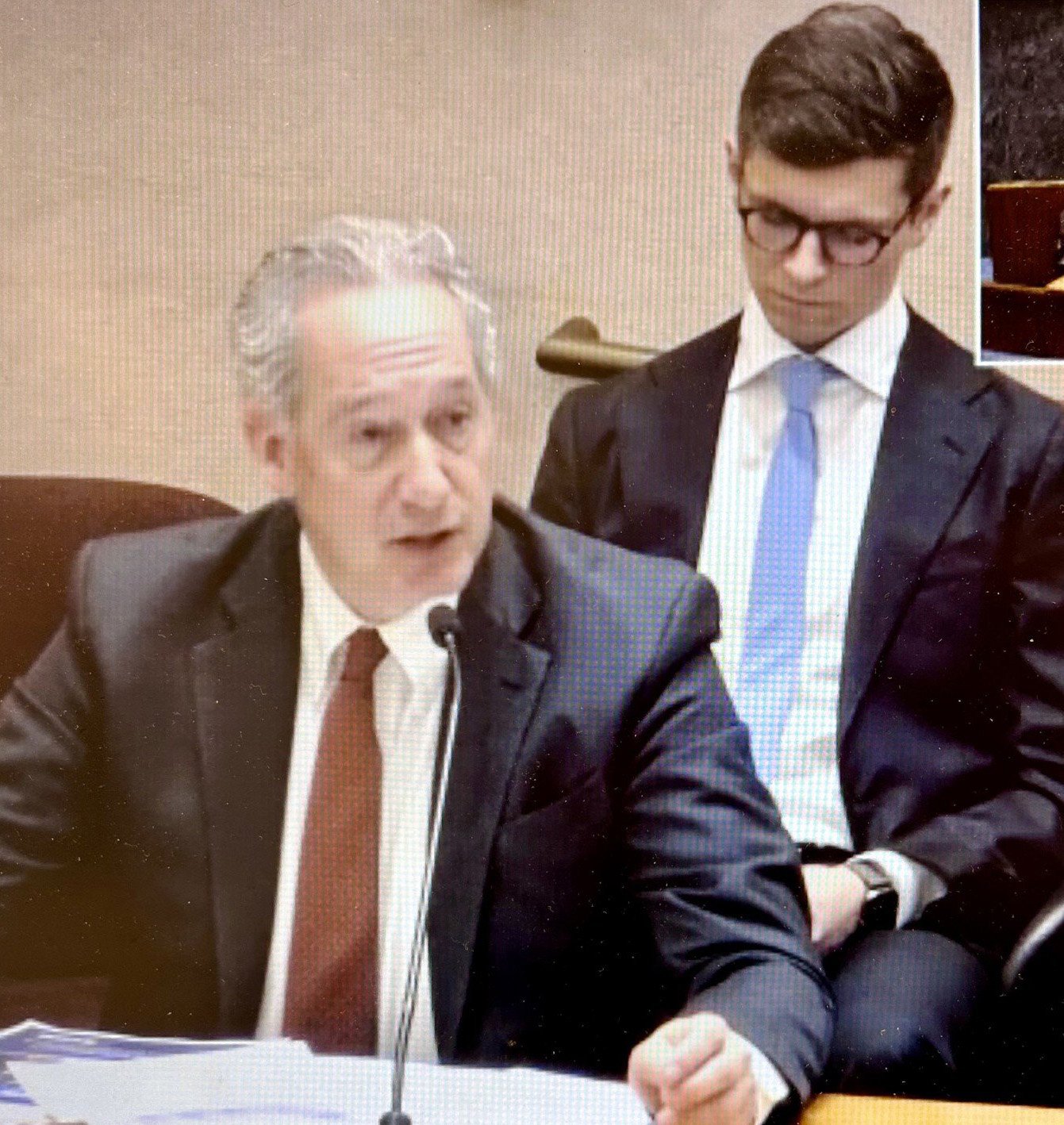April 11, 2024
Civic Federation President Joe Ferguson was invited to testify this morning at Chicago’s City Council Committee on Finance meeting regarding Mayor Brandon Johnson’s $1.25 Billion Housing and Economic Development Bond proposal. His remarks to the Committee are included below. Overall the Civic Federation is encouraged by the bond proposal, but has some concerns about shortcomings in planning.
Remarks of Joe Ferguson, President of the Civic Federation, to City Council Committee on Finance
April 11, 2024
Chairperson Dowell and Members of the Finance Committee,
Good morning and thank you for the opportunity to testify on the proposed bond ordinance. My name is Joe Ferguson and I have the honor of serving as president of the Civic Federation, a nonpartisan government research organization dedicated to prudent fiscal management, effectiveness and efficiency in state and local government that this year is celebrating its 130th anniversary. The Federation has appreciated the opportunity to engage with the City on the topic of the Housing and Economic Development Bond, and we thank the commissioners and staff for responding to many of our questions.
The Civic Federation views this proposal as a sensible means of re-setting the City’s over-usage of TIF (Tax Increment Financing) funding while redirecting revenue to the City to back these bonds for years to come without increasing taxes. By levying for expiring TIF increment, the City will be able to strategically repurpose revenue currently paid into expiring TIF districts. The justification for this shift is well-supported. Funding for critical affordable housing and economic development programs will drop off with the end of federal Rescue Plan Act and COVID money as well as a mounting revenue drop-off as 47 TIF districts sunset within the next four years. In addition to several fiscal cliffs on the near horizon, we are on the precipice of a TIF Cliff for which immediate response is needed.
The Civic Federation has long regarded TIF as a crucial tool for economic development. However, the City’s more recent use of funds indicates that the practice needs reform. The inherent limitations of TIF—both in terms of fund use and geographic restrictions—have worked to the detriment of comprehensive, Citywide development. Efforts at overcoming the constraints have at times stretched the use of TIF beyond what many fairly regard as its core purpose—the development of “blighted” areas. Further, the City has all but continually relied on major sweeps of TIF surplus funds to balance its annual budget—both suggesting that many TIF districts do not need revenue for redevelopment projects due to unachievable goals or excess revenue and perpetuating the City budget’s broader, long-running structural imbalance.
Equally important and encouraging to the Federation are express representations from the Commissioners of Planning and Development and Housing that TIF is still and will continue to be a critical development resource, but one that is more rigorously scrutinized and calibrated to need going forward. This appears to find affirmation by the Administration’s recent $151 million commitment to the LaSalle Street Redevelopment Project. Rather, the use of revenue from these expired TIF districts adds a meaningful tool to the City’s arsenal and is a responsible way to address the revenue drop-off. Most of the expiring TIF districts are neighborhood-based and will not affect large-scale downtown projects.
It is also important to correct the narrative about what this proposal is. It is a funding proposal that would primarily maintain financial support to existing housing and development programs; it is not a policy proposal oriented towards the creation of new programs (as was the case for Bring Chicago Home). Additionally, the City will only issue debt incrementally, in amounts where revenue is sufficient, as demonstrated by substantial periodic reporting requirements, to cover increased expenses. In contrast with the frequent practice of simply extending TIF districts to maintain revenues, this proposal begins to address the TIF Cliff through actionable policies and priorities.
While overall the Federation is encouraged by the proposal, we do have some concerns, particularly about the lack of planning in key respects.
- The absence of comprehensive planning in many key areas perpetuates the hyper-transactional nature of development that has stymied growth for decades. This spending plan is not tied to the capital improvement plan, a citywide housing plan or planning to replace TIF-subsidized infrastructure development.
- The revenue estimates for this proposal are fully acknowledged to not account for the upcoming Chicago property tax reassessment, which could affect property values making up the overall tax base.
We are also encouraged by the inclusion of added guardrails in the substitute ordinance. They are responsive to previously articulated concerns necessary to ensuring this bond proposal achieves its goals, such as a commitment to detailed quarterly reporting on bond expenditures and allocations, criteria for deciding TIF extension selection and an extra layer of appropriation authorization for projects over $5 million. The substitute ordinance requirement for added reporting on revenue projections based on anticipated expiring TIFs and debt service projections also bolsters assurances for success. Given the volatile state of the real estate market, incorporation of data from the upcoming reassessment of Chicago property must be incorporated into the now required reports.
Meeting looming funding cliffs while keeping steady and expanding support and incentives for economic development and housing needed for a thriving future will require a wide array of creative tools. This proposal, as presented, standing on its own, merits a place in the toolbox. However, the City must remain mindful that a part of this funding, which has been used to help fill past budget shortfalls, will not be available for future budgets during which we will be facing greater challenges.
I look forward to continued engagement with the City in this process and am happy to answer any questions.

